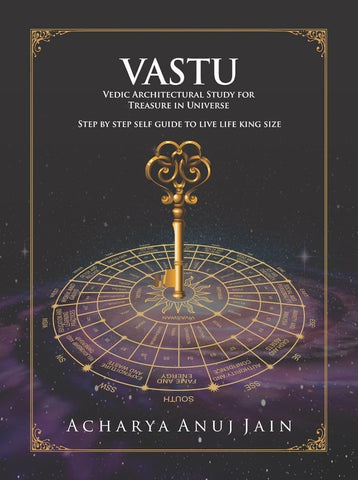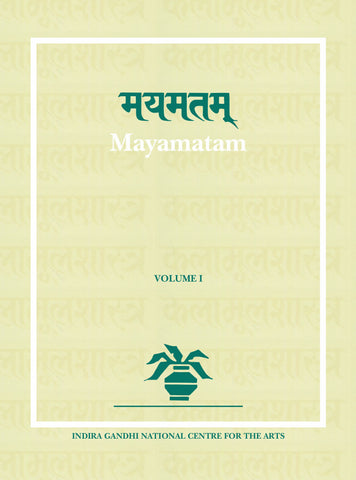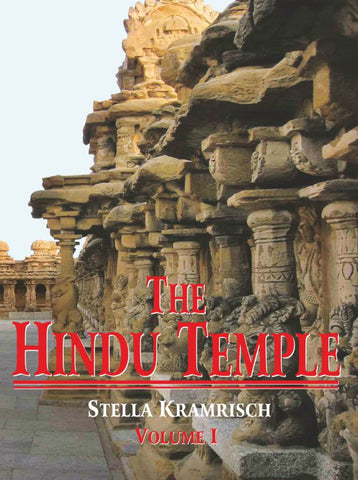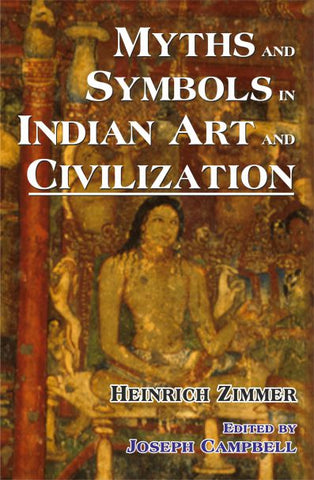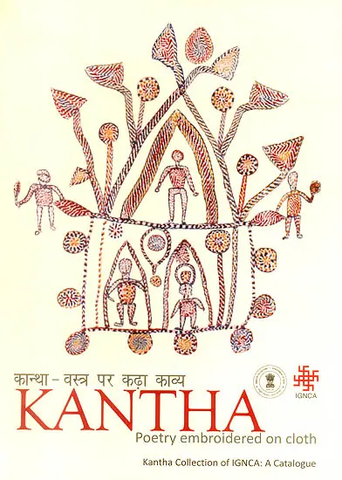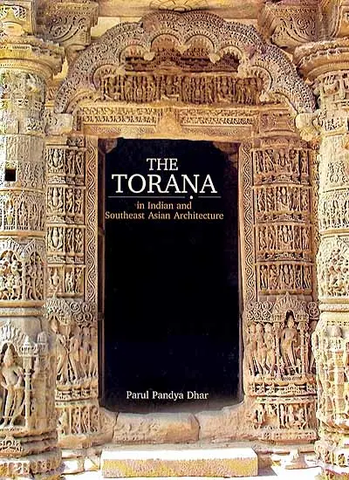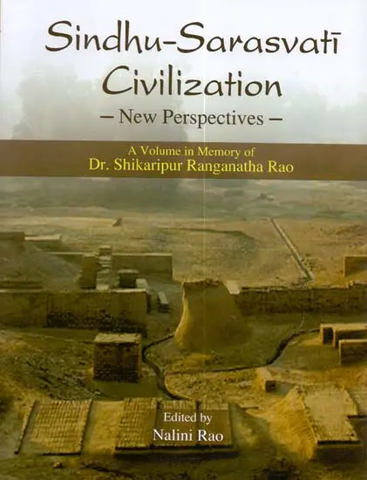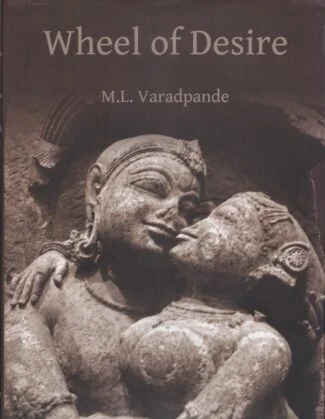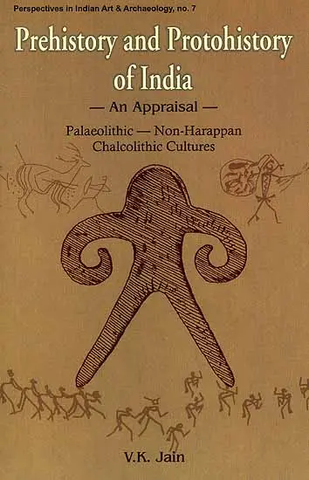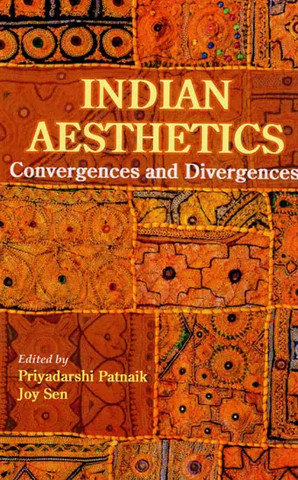Your cart is empty now.
Indian Drama in Retrospect offers a sweeping survey of theatre in most of the States of India, presented by front-ranking figures in the early phase of post-independence theatre. The contributors capture for us the discourse of the day pertaining to theatre in their regions and languages, which is further underscored by the discussions that follow the papers. There are twenty-one papers here representing as many States of India, offering a fund of authentic information on the practice of theatre in each linguistic region. Besides, there are twelve papers focused on special topics such as amateur theatre,, children's theatre, actors' training, and theatre, architecture. Besides students of theatre, this book will be of much value to scholars investigating the history of the performing arts in modern India, those studying arts policy and patronage, and those with a special interest in the relationship between the arts and the State.
Jayant Kastuar is the Secretary of Sangeet Natak Akademi. An alumnus of St. Stephen's College, Delhi, he obtained a Master's degree in history from the University of Delhi in 1978. He is an exponent of Kathak dance and has studied the art under Pandit Durgalal among other masters. Apart from visualizing, planning, and steering important projects in the fields of dance, music, theatre, and puppetry, he is known for his work in stage design and for his choreographic presentations.
Introduction
Between 1955 and 1958, Sangeet Natak Akademi organized four major seminars focusing on film (1955), Drama (1956), Music (1957), and dance (1958), the arts it was meant to nature. These events were the first all-Indian seminars convened by the national academy (which itself had been established in 1953) to discuss the state of the performing arts and the cinema in independent India, and enjoyed the participation of the leading artists, scholars, and other professionals it each field. At a time when meetings of musicians, dancers, or theatre people from all over the country were far less frequent than now, these seminars provided an opportunity for participants to exchange notes on the practice of their arts in far-flung regions, to spell out common problems before the new Indian state, and to make long-term recommendations to government for the healthy growth of each art.
Other than the Film Seminar Report, impeccably edited by Dr. R.M. Ray and published by Sangeet Natak Akademi in 1956, the proceedings of these seminars had not been published earlier in book form. The documentation from the Drama Seminar was published in three consecutive special numbers of the Akademi's journal Sangeet Natak (Volume XXXVIII, Numbers 2-4, 2004), but this is the first time that the material is being presented between two covers.
Fifty-one years after the event, the papers presented in the seminar command our attention for more than one reason. They offer a sweeping survey of theatre in most of the linguistic regions of the country, presented by leading figures in contemporary theatre. It is no doubt a dated survey, but its interest to us lies precisely in its period and in the personalities of the surveyors. Being acknowledged spokesmen for the regions they represent, the contributors capture for us the discourse of the day pertaining to their language theatres, which is further underscored by the discussions that follow the papers. There are twenty-one 'country papers' here, a fund of authentic information on every language theatre represented in the seminar. Besides, there are twelve papers focused on topics of general interest: new drama, amateur theatre, children's theatre, actors' training, theatre architecture, etc. to the reader leafing through these pages, the narrative may itself appear to be a replay of post-independence Indian theatre in its early phase, with its full cast of actors a drama he is uniquely privileged to watch with the gift of hindsight.
In order to preserve this character of the text, we have thought it best to make available the documentation of the seminar much as it has come down to us, with only minimal editorial intervention. Positioning ourselves as watchers of the drama, we can see the makers of the new Indian theatre articulating their vision for the future more clearly. What they have to say would interest students of the theatre primarily, together with those involved with the performing arts in general. But other than these sections readers, the book will also engage the attention of researchers in the humanities and social sciences looking into the history of the performing arts in modern India, into arts policy and patronage, and the relationship of the arts and the state. At a time when nationhood and national identity continue to be under academic debate, the material presented in this book will certainly interest scholars curious to learn about the cultural aspect of nation-building.
| Introduction Jayant Kastuar Secretary, Sangeet Natak Akademi |
5 | |
| Welcome Address P.V. Rajamannar Chairman, Sangeet Natak Akademi(1953-61) |
11 | |
| Inaugural Address S. Radhakrishnan Vice-President of India (1952-62) |
14 | |
| Speech of the Seminar Director Sachin Sengupta |
17 | |
| 1 |
Sanskrit Drama and Performance V. Raghavan |
21 |
| 2 | Assamese Theatre Chandra Kant Phookan |
42 |
| 3 | Manipuri Drama and Theatre M. Bira Singh, H. Romain Singh |
42 |
| 4 | Bengali Drama and Theatre Amar Mukherjee |
56 |
| 5 | The Plays of Tagore Lila Ray |
63 |
| 6 | The Professional Theatre in Bengal Ahindra Chowdhuri |
75 |
| 7 | The Growth of Oriya Drama and Theatre Kalinid Charan Panigrahi |
84 |
| 8 | Drama and Theatre in Orissa Mayadhar Mansinha |
96 |
| 9 | Hindi Drama J.C. Mathur |
104 |
| 10 | Hindi Folk Drama Suresh Awasthi |
121 |
| 11 | Punjabi Drama and Theatre: Some Trends and Experiences Snehlata Sanyal, Sheila Bhatia |
147 |
| 12 |
Urdu Drama M. Mujeeb |
165 |
| 13 | Bhavai: The Gujarati Folk Drama Dina Pathak |
169 |
| 14 | A Hundred Years of Gujarati Drama and Theatre Chandravadan C. Mehta |
185 |
| 15 | Marathi Theatre Mama Warerkar |
193 |
| 16 | Kannada Drama and Theatre Adya Rangacharya |
213 |
| 17 | The Professional Theatre in the Western Region K. Narain Kale |
223 |
| 18 | Malayalam Drama and Theatre K.M. George |
242 |
| 19 | The Growth of Drama in Tamil Nadu T.K. Shanmugam |
249 |
| 20 | Telugu Drama and Stage B. Kanakalingeswara Rao |
255 |
| 21 | Kuchipudi Bhagavatam: The Dance-Drama of Andhra Pradesh Nataraj Ramakrishna |
270 |
| 22 | Indian Theatre in the Context of the World Theatre Mulk Raj Anand |
281 |
| 23 | Traditional and New Drama Balraj Sahni |
304 |
| 24 | Amateur Theatre in India Sombhu Mitra |
318 |
| 25 | Problems of Amateur Theatre: I I.L. Dass |
323 |
| 26 | Problems of Amateur Theatre: II Prabhakar Machwe |
326 |
| 27 | Production Suited to Indian Conditions H.V. Gupte |
339 |
| 28 | The Training of the Actor E. Alkazi |
355 |
| 29 | Theatre Architecture and Stage Setting Adi Marzban |
366 |
| 30 | Production of Operas P. Sambamoorthy |
376 |
| 31 | Nritta and Nritya Varieties in India Shrimati Tagore |
382 |
| 32 | Children's Theatre: I Samar Chatterjee |
392 |
| 33 | Children's Theatre: II Romesh Chander |
400 |
| 34 | Recommendations of the Drama Seminar | 404 |
| Contributors | 408 |
Delivery and Shipping Policy
- INTERNATIONAL SHIPPING
- Rs.1000-1100/kg
- ESTD. Delivery Time: 2-3 weeks (depending on location)
- Bubble Wrapped with Extra Padding
- NATIONAL SHIPPING
- NCR: Rs. 30/half kg
- Standard: Rs. 80/half kg
- Express shipments also available on Request
- ESTD. Delivery Time: Ranging from 1-4 days up to 7 business days (Depending on your choice of Delivery)
- TRACKING
- All orders; national or international, will be provided with a Tracking ID to check the status of their respective orders
- Depending on the Shipping Service, Tracking ID may be used on their respective tracking portals
Frequently Asked Questions (FAQs)
Domestic Shipping: 3-4 Days (after shipping)
International Shipping: 1-2 weeks (based on your location)
You will receive an email once your order has been shipped or you can email us if you didn't receive tracking details (info@mlbd.co.in)
Every book that we sell is the latest edition except all the rare books
Yes, we do provide free shipping, only on domestic orders (within India) above Rs.1500


